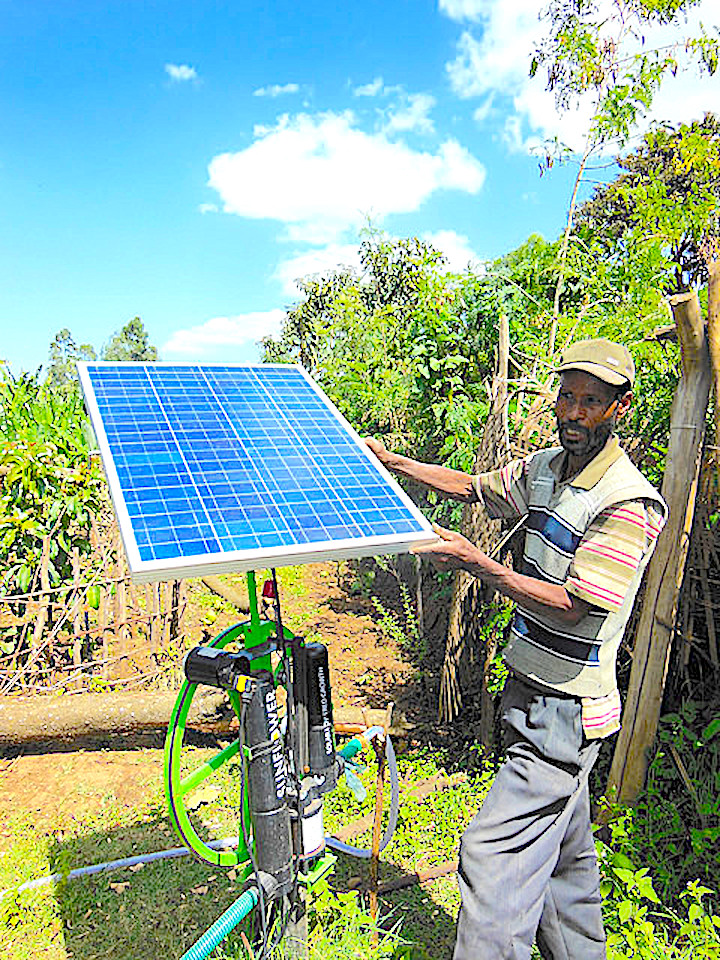Photo credit: Agroforestry World
Panelists representing participating organisations. Photo: World Agroforestry Centre/ Susan Onyango
GEF-funded program on resilient food security targets smallholder farmers in 12 African countries
Africa’s population is expected to double from 1.26 billion today to over two and half billion by 2050, little more than 30 years from now. At the same time, land degradation, loss of biodiversity and the effects of climate change pose increasing challenges to the continent’s agriculture sector, particularly smallholder farmers. If left unchecked, these challenges will threaten the food security of millions of people, particularly in the drylands. Affected countries will require national policies and farmer practices that safeguard food production, as well as frameworks for mutual cooperation across the agricultural and environmental sectors, if they are to ensure the sustainability and resilience required to feed their people.

In an effort to address these multiple challenges, more than 80 government and development sector experts met in Addis Ababa, Ethiopia on 5 July 2017, to launch the Integrated Approach Programme on Fostering Sustainability and Resilience for Food Security in sub-Saharan Africa. Financed by the Global Environment Facility (GEF), the 5-year, USD 116 million programme is designed to promote sustainability and resilience among small holder farmers through the sustainable management of natural resources – land, water, soils and genetic resources – that are crucial for food and nutrition security. The International Fund for Agricultural Development (IFAD) is the lead agency with the Programme Coordination Unit hosted by the World Agroforestry Centre (ICRAF) at their headquarters in Nairobi. Bioversity International, UN Environment, UNDP, FAO, World Bank, UNIDO, AGRA and Conservation International are all involved.














